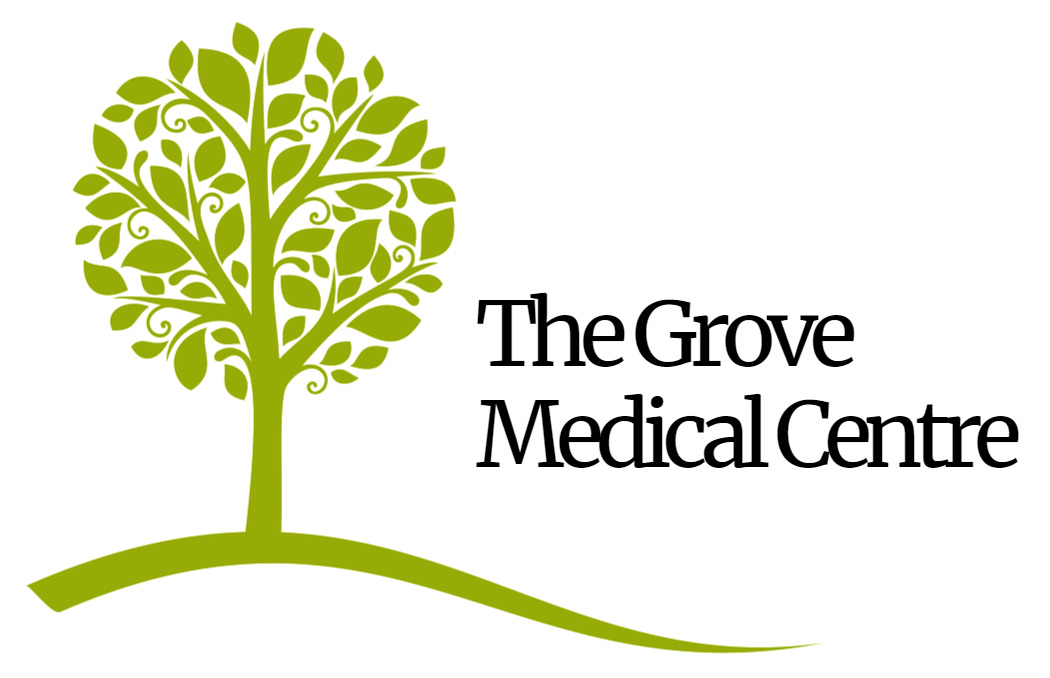Opening Times | Online Services | Contact Us |
CQC Rating Good
Cervical Screening Awareness Week
19th to 24th June 2023
The week aims to highlight the importance of regular cervical screening for women’s health.
Cervical cancer is the most common form of cancer in women under 35 with two women in the UK per day dying from the disease. Regular cervical screening appointments can prevent up to 75% of instances of cervical cancer, saving 5000 lives per year.
Cervical screening is a free health test available on the NHS as part of the national cervical screening programme.
HPV primary screening is a way of testing the sample of cells taken at your cervical screening (smear test) appointment. It helps to prevent cervical cancer by testing for a virus called high-risk human papillomavirus (HPV) that can cause cervical cell changes to develop into cervical cancer if left untreated. Sadly 1 in 4 don’t attend their Cervical Screening Test, a vital health check.
Cervical Screening Awareness week aims to encourage all women to have regular cervical screening as well as to provide information and reassurance around any fears or embarrassement that women may have concerning taking the test.
We understand that many people feel embarrassed or worried about having a cervical smear and there are ways that we can help to make you feel more comfortable:
- You can ask for a longer appointment when booking and are able to bring someone you trust to the appointment, such as a family member or friend.
- All of our cervical screenings are perfomed by either a female nurse or doctor.
- During the appointment you can ask for a private space to undress from the waist down and will be given a sheet to cover you. You can also wear a long top or dress.
- If you've found the procedure uncomfortable in the past,w e can discuss using a smaller speculum, or try a different position. You are always in control of your appointment and can ask to stop at any time.
- We're happy to talk you through the process and give you tips to ease any anxiety.
You are invited for cervical screening because evidence shows that the benefits of the test outweigh any risks. Along with the HPV vaccine, cervical screening is the best way to protect against cervical cancer and prevents over 7 in 10 diagnoses.
Although cervical cancer is very rare if you are under 25, it is important for all of us to be aware of cervical cancer symptoms, including:
- vaginal bleeding that is unusual for you (abnormal bleeding) – this is the most common symptom and may happen during or after sex, or in between periods.
- vaginal discharge that is unusual for you – it may have a different smell, look or consistency (for example, it may be thicker)
- pain or discomfort during sex
- unexplained lower back pain that lasts a long time.
Please see your GP if you do have any of these symptoms.
It is usually recommended that you do not have cervical screening while you are or could be pregnant. If you are invited for a Cervical Smear, tell your doctor or nurse you are pregnant. You should wait until 3 months after your baby is born to have the test.

Jo's Cervical Cancer Trust is an independent charity. “We know that cervical screening isn't easy for everyone. If you are worried about the test or know you find it hard, we are here to support you with questions or by talking things through on 0808 802 8000”
Click here to be taken to their website for information and support.
Published: Jun 19, 2023
We use cookies to help provide you with the best possible online experience.
By using this site, you agree that we may store and access cookies on your device. Cookie policy.
Cookie settings.
Functional Cookies
Functional Cookies are enabled by default at all times so that we can save your preferences for cookie settings and ensure site works and delivers best experience.
3rd Party Cookies
This website uses Google Analytics to collect anonymous information such as the number of visitors to the site, and the most popular pages.
Keeping this cookie enabled helps us to improve our website.
